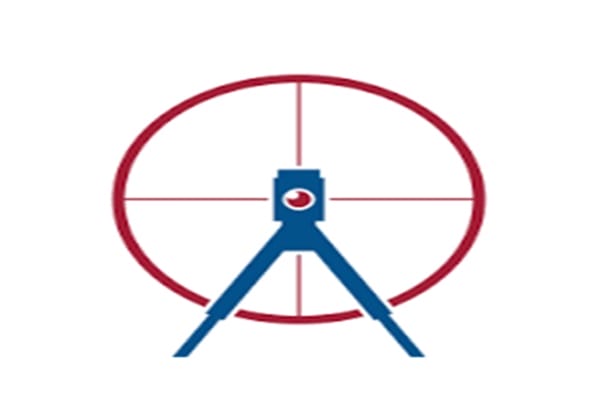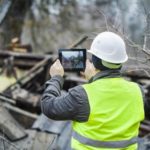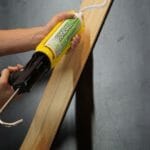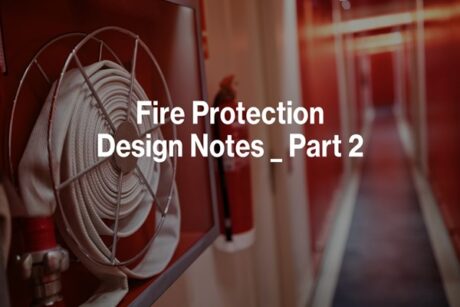- Course No E – 2050
- PDH Units: 6
No data found for Custom Course Number
No data found for Custom Course Units
- Course No E – 2050
- PDH Units: 6
Intended Audience: professional land surveyors, as well as civil, environmental, geotechnical, transportation, and other engineering professionals whose job description may require a generalized knowledge of performing traverse surveys.
PDH UNITS: 6
This comprehensive course on land surveying covers the intricacies of traverse surveys and their diverse applications in various engineering disciplines. Designed for licensed professional engineers and professional Land Surveyors, this course equips participants with in-depth knowledge and practical skills on the topic of traverse land surveys. Skills Gained:
- Designing and conducting traverse surveys with precision.
- Balancing and adjusting traverse surveys for closure.
- Plotting traverse data on maps and plans.
- Solving for coordinates of surveyed points.
- Establishing a reliable control network of known points.
- Georeferencing survey data for precise spatial positioning.
- Utilizing GPS and modern surveying techniques.
- Integrating traverse surveying into Geographic Information Systems (GIS).
- Applying traverse surveys to real-world scenarios in various engineering disciplines.
- Conducting boundary surveys, environmental impact assessments, and infrastructure planning.
- Managing survey data efficiently, including digital data formats.
- Detecting and minimizing errors in traverse surveys.
- Handling ethical dilemmas with integrity and impartiality.
- Effectively communicating survey objectives, findings, and limitations.
- Preparing reports and documentation for clients and stakeholders.
- Analyzing complex surveying challenges and making informed decisions.
- Staying updated with emerging trends and technologies in land surveying.
- Complying with legal and regulatory requirements in boundary surveys.
- Managing risks associated with land surveying projects.
Learning Objectives
At the successful conclusion of this course, you’ll be able to identify and discuss:- Understanding the Importance of Traverse Surveys
- Historical Perspective of Traverse Surveys
- Basic Concepts in Traverse Surveying
- Types of Surveys: Closed vs. Open Traverse
- Traverse Stations and Traverse Legs
- Bearings and Azimuths, Distances, Measuring Tools
- Compass Rule and Bowditch Rule
- Sources of Errors and How to Minimize Them
- Field Procedures in Traverse Surveying
- Taking Angle and Distance Measurements
- Dealing with Challenging Terrain
- Traverse Computations
- Traverse Adjustment and Closure
- Balancing Traverse
- Assessing the Quality of Traverse Closure
- Correcting Traverse Errors
- Legal Aspects and Boundary Surveying
- Boundary Laws and Regulations
- Boundary Disputes and Resolutions
- Professional Ethics in Boundary Surveying
- Case Studies in Boundary Surveying
- GPS and Modern Surveying Techniques
- Traverse Surveying in Geographic Information Systems (GIS)
- Land Subdivision and Development
- Emerging Trends and Technologies in Land Surveying
- Case Studies from Various Engineering Disciplines
Once completed, your order and certificate of completion will be available in your profile when you’re logged in to the site.
Ethics Courses
Course No E - 2050
PDH Units: 6










